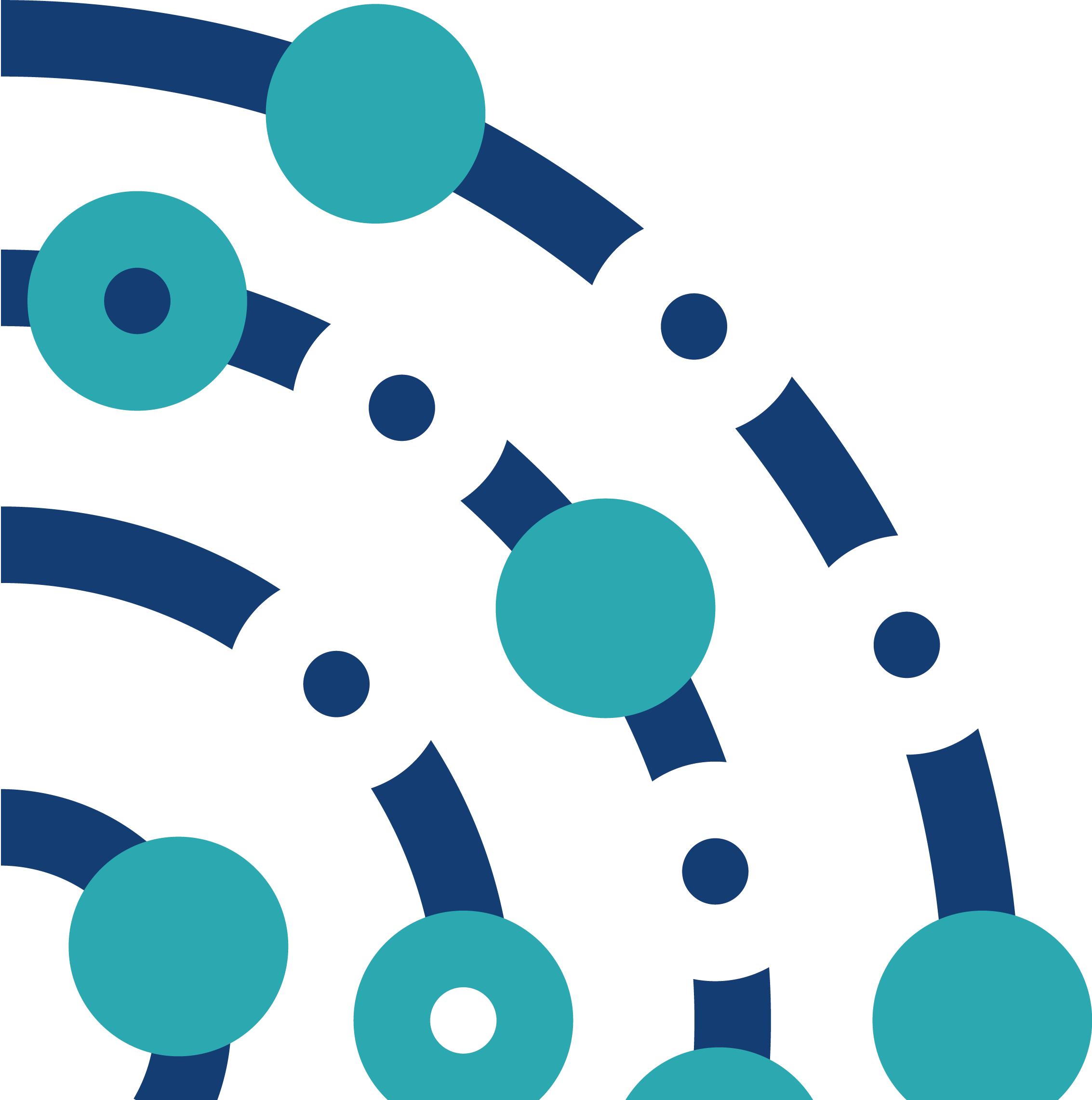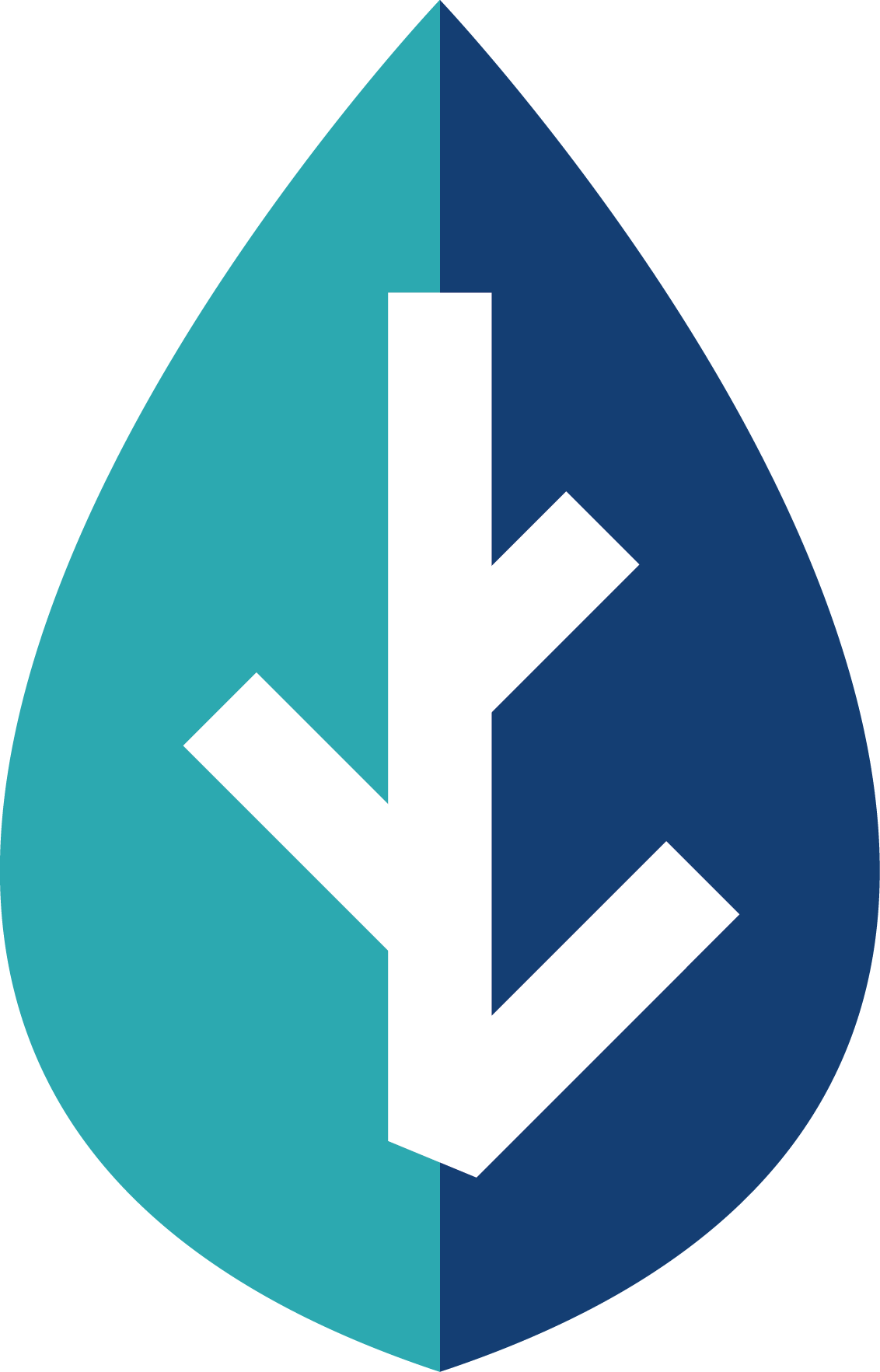Fellowships Key Information
Five levels of NIHR Fellowship award are available (pre-doctoral, doctoral, advanced, professorship and development & skills enhancement award). Also available: the Integrated Clinical and Practitioner Academic Programme and the Local Authority Academic Fellowship Programme
Pre-Doctoral Fellowship (PDF)
- 1 year (between 50 and 100 WTE)
- aimed at getting necessary skills and experience required to undertake a PhD
- will only fund applications which address one of the named strategic themes:
- medical statistics
- health economics
- clinical trial designs
- operational research
- modelling
- bioinformatics
- qualitative research
- mixed methods
- epidemiology
- applicants need to demonstrate commitment and potential to develop as a future leader in research relevant to NIHR
- covers individual's salary, training and development costs up to £5,000, conference related costs up to £1000 and supervision fees up to £1,000
Doctoral Research Fellowship (DRF)
- 3 years (between 50 and 100 WTE); clinical applicants can include up to 20% clinical time as part of the fellowship
- assessment looks for high-quality research proposal, sound training and development programme along with commitment and support arrangements from supervisory team
- covers full salary, PhD tuition fees, and full research, training and development costs
Advanced Fellowship (AF)
- 2-5 years (between 50 and 100 WTE); clinical applicants can request 20% time dedicated to clinical service/development (cost will be covered by the fellowship)
- assessment looks for high-quality research proposal, strong and appropriate training and development plan, high level of support from host organisation and mentoring team
- 1 WTE Support post can be included (max 3 year post), includes PhD fees & £3000 training budget for post
- can be awarded up to two Advanced Fellowships sequentially, not normally totalling more than 8 years WTE of funding
- covers full salary, full research, training and development costs and conference related costs up to £2,000 per year
NIHR Professorship
- aims to fund research leaders of the future to promote effective translation of research and to strengthen health, public health and care research leadership at the highest academic levels
- 5 year award with an extensive support package
- Applicants MUST be nominated by their host institution
- Funding includes three support posts, research costs and leadership and development programme costs
- By the end of the award must have established 2 international collaborations and demonstrate leadership at national level
Development and Skills Enhancement Award
-
- 1 year (between 50 and 100 WTE but max. duration is 1 year regardless of WTE)
- must be a current member of the NIHR Academy
- hold a relevant PhD or awarded before the start of the award
- assessment looks for clear articulated plan for how the award will support an application for future funding and a list of skills and experience that will be gained with the award
- researchers can receive several awards over the lifetime of career
- host organisations will be expected to match the level of funding; award will cover the salary plus training and development costs up to £5,000, conference costs up to £1,000 and mentorship costs up to £1,000
- The award runs three times a year – opening in January, May and September – and will support a mixture of researcher-led applications and applications from areas of strategic importance. The current themes are:
- health data science
- clinical trials
- entrepreneurship and working with industry

 RfPB
RfPB
 Fellowships
Fellowships
 HTA
HTA
 PGfAR
PGfAR
 i4i
i4i
 EME
EME
 HSDR
HSDR
 PHR
PHR
 PRP
PRP
 RPSC
RPSC